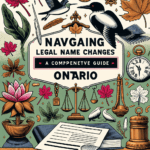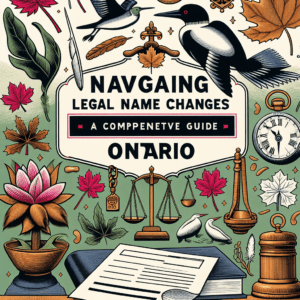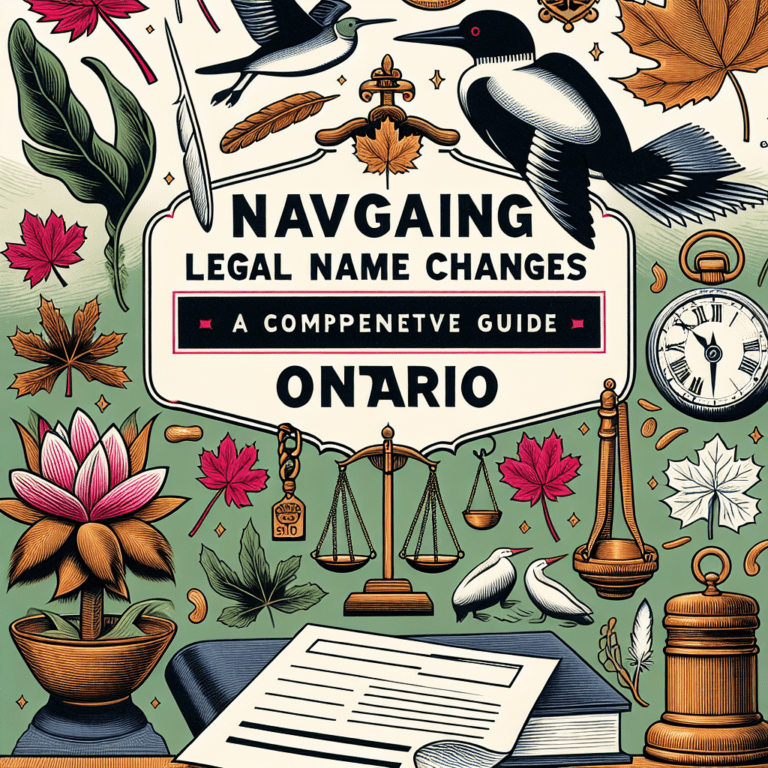===INTRO:===
In the ever-evolving landscape of Canadian real estate law, staying updated is not just beneficial—it’s essential for anyone involved in property transactions. The latest Canadian real estate law news for 2024 brings significant legislative changes and groundbreaking court rulings that could reshape the industry. As complexities arise, understanding these developments is crucial for real estate investors, agents, and legal professionals alike. This article delves into the most pertinent updates, emphasizing their implications for practice and strategy.
Recent Legislative Changes Impacting Canadian Real Estate Law
The Canadian real estate sector is witnessing transformative legislative changes in 2024, marking a pivotal shift in regulatory frameworks. One of the most significant developments is the introduction of the "Canadian Housing Affordability Act," which aims to mitigate housing crises across major urban centers. This legislation introduces incentives for developers to create affordable housing units, reshaping how properties are developed and marketed. The act mandates municipalities to streamline approval processes, thereby expediting projects that meet affordability criteria. Real estate professionals must adapt to these new requirements to capitalize on emerging opportunities in the market.
Another noteworthy change is the enhancement of tenant protection laws, which have become more stringent in 2024. The government has implemented measures that strengthen tenants’ rights, including caps on rental increases and improved eviction processes. This shift aims to create a more balanced rental market by ensuring that tenants are not unjustly displaced. Real estate agents and landlords should be prepared to navigate these new regulations, as non-compliance could result in significant penalties. Staying informed about tenant rights is critical for maintaining a harmonious landlord-tenant relationship and safeguarding one’s investment.
Additionally, the introduction of digital property transaction frameworks is revolutionizing how real estate transactions are conducted. The Canadian government has embraced technology to facilitate online registrations and digital signatures, making the buying and selling of properties more efficient and secure. These changes are particularly beneficial for remote transactions, allowing buyers and sellers to finalize deals without the need for in-person meetings. Real estate professionals must leverage these digital tools to enhance their services and improve client experiences, positioning themselves as forward-thinking leaders in a competitive market.
Key Court Rulings Shaping Real Estate Practices in 2024
The legal landscape governing Canadian real estate has also been significantly influenced by recent court rulings that clarify essential principles in property law. One landmark decision by the Supreme Court of Canada in early 2024 addressed the enforceability of verbal agreements in real estate transactions. The ruling emphasized that while written contracts are preferred, certain verbal agreements can be upheld if they meet specific criteria. This decision underscores the importance of clear communication and documentation in property dealings, urging real estate professionals to emphasize written contracts to avoid potential disputes.
Furthermore, a pivotal ruling regarding property disclosures has clarified the obligations of sellers in disclosing defects and issues related to their properties. The appellate court upheld that failure to disclose significant defects constitutes misrepresentation, making the seller liable for damages. This decision reinforces the necessity for transparency in property transactions and calls for heightened diligence during the sales process. Real estate agents must ensure that their clients are aware of the risks associated with nondisclosure, fostering an environment of trust and accountability.
In a notable case involving zoning bylaws, the courts affirmed the authority of municipalities to enforce land-use regulations and manage property developments. This ruling has far-reaching implications for developers, reinforcing the need for compliance with local zoning laws and regulations. Developers must now conduct thorough due diligence before embarking on new projects, as non-compliance could result in costly legal challenges. Real estate professionals should prioritize understanding local bylaws and maintaining open lines of communication with municipal authorities to navigate these complexities effectively.
===OUTRO:===
As we delve deeper into the nuances of Canadian real estate law, it’s clear that 2024 is a year of substantial change and opportunity. The recent legislative updates and court rulings not only redefine the legal landscape but also offer new avenues for growth and success in the real estate sector. For professionals navigating these waters, staying informed and proactive is paramount. By embracing these changes and adapting strategies accordingly, you can position yourself as a knowledgeable leader in the field, ready to tackle any challenges that arise. Engage with your community and stay ahead of the curve—your expertise and adaptability will be your greatest assets in this dynamic market.
Navigating Legal Aid Options for Refugees in Canada 2024Exploring Human Rights Legal Support in Canada: 2024 InsightsNavigating Legal Support for Wrongful Termination in Canada 2024Relevant LinkRelevant LinkRelevant LinkUnderstanding LegalZoom Billing: Fees, Structure, and InsightsUnderstanding LegalZoom’s Basic Will: Key Features ExplainedUnderstanding LegalZoom’s Business Address Services ExplainedRelevant LinkRelevant LinkRelevant LinkUnderstanding Legal Self-Defense Weapons in CanadaUnderstanding Legal Paper Size: Dimensions and Uses ExplainedNavigating Legal Name Changes in Ontario: A Comprehensive GuideRelevant LinkRelevant LinkRelevant Link


















